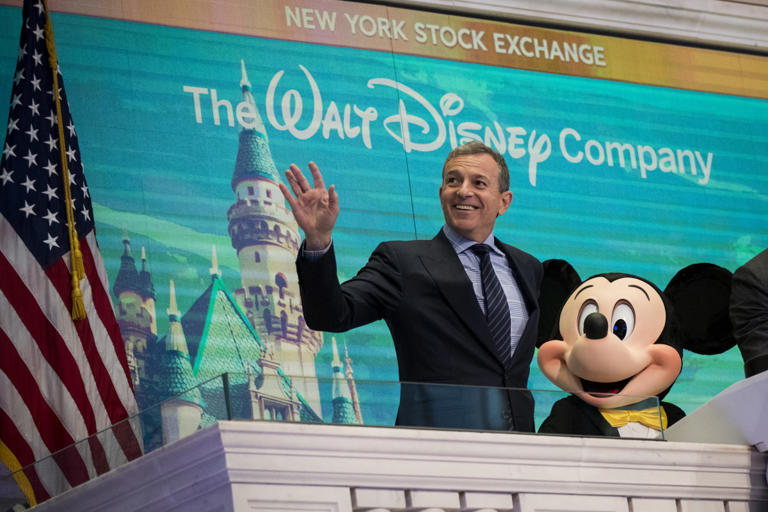Nelson Peltz, the billionaire investor and founder of Trian Fund Management, recently bolstered his fortune by $1 billion through the sale of his entire stake in Disney. Peltz managed to sell his shares at $120 each, a significant premium over Disney’s current trading price of around $100 per share. This strategic exit, reported by CNBC, marks the end of a bitter proxy battle between Peltz and Disney.
The conflict began when Peltz sought multiple seats on Disney’s board of directors, arguing that the company was in crisis. Trian Fund Management launched the “Restore the Magic” campaign early last year to persuade shareholders. The campaign contended that Disney had lost its way over the past decade, primarily due to a board that Peltz claimed lacked focus, alignment, and accountability. According to Peltz, the board’s inefficacy was the root cause of Disney’s underperformance.
Peltz was also critical of Disney’s recent direction, particularly its “woke” messaging in movies and TV shows. He argued that audiences seek entertainment, not messages. In a March interview with the Financial Times, Peltz stated, “People go to watch a movie or a show to be entertained. They don’t go to get a message.”
Despite his efforts to influence Disney’s direction, shareholders rejected Peltz’s request for board seats last month. Disney’s management, led by CEO Bob Iger, opposed Peltz’s inclusion on the board, citing his lack of experience and skills in the media industry. They urged shareholders to vote against him, emphasizing their commitment to growth, value creation, and creative excellence.
Peltz’s campaign was bolstered in October when Marvel Chairman Ike Perlmutter granted him voting rights for his 25 million Disney shares, increasing Trian Fund Management’s stake to about 33 million shares. Despite this significant control, Peltz’s attempts to join the board were ultimately thwarted.
Following the rejection, Disney expressed a desire to move past the distractions and focus on their strategic priorities. Bob Iger stated in a press release, “With the distracting proxy contest now behind us, we’re eager to focus 100 percent of our attention on our most important priorities: growth and value creation for our shareholders and creative excellence for our consumers.”
Peltz’s exit had immediate market implications. Disney’s shares, which had been bolstered by Peltz’s involvement, traded down to $100 per share following news of his departure. Doug Kass of TheStreet Pro commented on the situation, suggesting that in the context of a broader market correction, a further decline in Disney’s shares into the low $90s was a growing possibility.
The conclusion of Peltz’s involvement in Disney signifies the end of a notable chapter in his career marked by aggressive activism and high-stakes boardroom battles. For Disney, it represents an opportunity to refocus on its strategic goals without the overhang of a proxy fight. With the proxy contest resolved, Disney can now concentrate on its most pressing priorities, aiming to enhance growth, create value for shareholders, and maintain creative excellence for its consumers.
Peltz’s departure underscores the challenges and complexities of activist investing, especially within major corporations like Disney. While his influence brought significant attention to Disney’s strategic issues, the resolution allows both Peltz and Disney to pursue their respective goals without further conflict.
